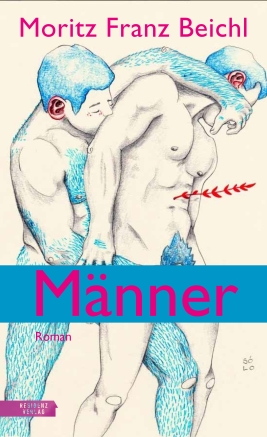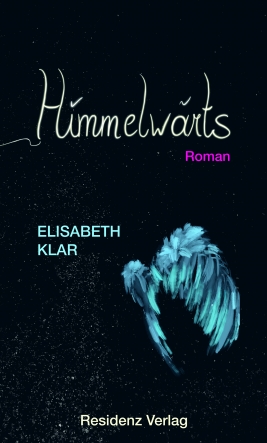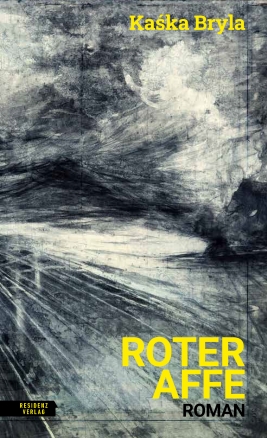Der Roman ist aufwühlend, mitreißend und witzig zugleich.
[Quelle: Alice Pfitzner, ORF, ZIB]
Der Roman ist Psychiatrie-Tagebuch, Protokoll einer Depression und Bekenntnis zu Lust und queerem Begehren in einem.
[Quelle: Sebastian Fasthuber, FALTER]
Wertvoll ist [...] vor allem Beichls Sprache, die sich aus dem Irrglauben windet, Emotionen ließen sich nur möglichst direkt als private Befindlichkeit ausdrücken. Besonders in den Aufzeichnungen aus der Psychiatrie und den Pariser Jahren findet Beichl einen Tonfall, der die Empfindsamkeit eines leidenden Menschen mitteilbar macht, ohne sich im Interieur extremer Subjektivität zu verirren.
[Quelle: Samuel Hamen, DEUTSCHLANDFUNK KULTUR]
Letztlich ist Die Abschaffung der Wochentage ein schillerndes Buch über Depressionen und Mental Health, nicht ohne Unterhaltungswert; ein im Nachhall der Pandemie und sozialer Vereinzelung wichtiges, ja notwendiges Buch, das konsequent nach einem neuen Blick auf die Thematik sucht; ein überzeugender Debütroman ...
[Quelle: David Wimmer, LITERATURHAUS WIEN]
Und die titelgebende "Abschaffung der Wochentage"? Die ist ein Vorschlag des Psychiatrie-Patienten, der aus dem engen Korsett eines immer wiederkehrenden Wochen-Stundenplans, der jedem Tag eine genaue Struktur verpasst, von der "Frühaktivierung" bis zur Physiotherapie, ausbrechen möchte. Die Befreiung aus dem Hamsterrad der Verpflichtungen erfolgt über die Benennung. Jeder Tag ist neu. Und jeder neue Tag heißt künftig anders.
[Quelle: Wolfgang Huber-Lang, APA]
Es ist ein beachtlicher Debütroman, den Moritz Franz Beichl geschrieben hat - und es ist, wie man meinen könnte, kein tristes Buch. Denn es steckt voll renitenter Überlebenslust.
[Quelle: Eva Schobel, ex libris, Ö1]
... und dann hat‘s mich aber richtig gepackt und hat mir so eine Tür geöffnet in den Gedanken- und Empfindungsraum einer Person, die so etwas durchlebt. Mit diesen ganzen Irrationalitäten, aber auch mit der Kritik an dieser gesellschaftlichen Wahrnehmung von Bipolarität, von Depression, von dem Wunsch, nicht mehr leben zu wollen.
[Quelle: Ludwig Lohmann, BLAUSCHWARZBERLIN]
Dramatisch und witzig geschrieben, der Hauptcharakter richtig fertig und durch.
[Quelle: Dominik Staudenraus ARABELLA BUCHHANDLUNG]
Ein Leben mit Depression und einer bipolaren Störung – das Ganze in einem Debütroman? Das soll jetzt nicht abschrecken, denn es ist durchaus gelungen und nicht ohne Witz.
[Quelle: XTRA]
Es geht um Liebe und Leiden und das Aufheben von Strukturen und gesellschaftlichen Zwängen. Es geht um große Fragen und große Themen. Was ist Glück, was ist Zufriedenheit, was Sicherheit? Was ist wichtiger: (Selbst-)Kontrolle oder Loslassen und Ausgelassen sein können?
[Quelle: Markus Köhle, DUM]
Moritz Franz Beichl gelingt es, die desaströse Wirkung von Liebeskummer und Depression zu beschreiben. Mit klarem, kritischem Blick, aber nicht ohne Ironie und Humor zeichnet er ein realistisches Bild vom Aufenthalt in der Psychiatrie.
[Quelle: Petra Fosen-Schlichtinger, BIBLIOTHEKSNACHRICHTEN











